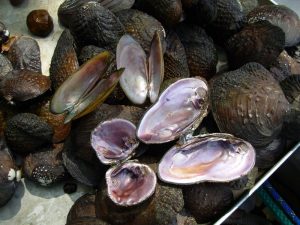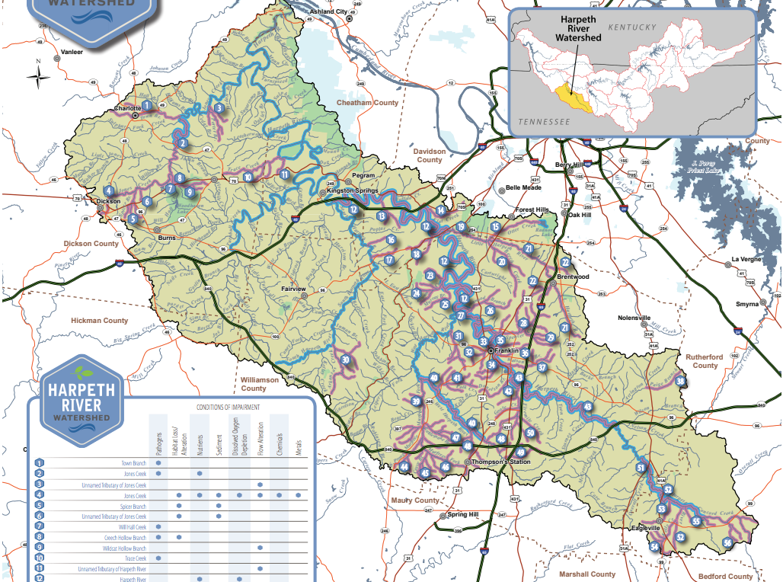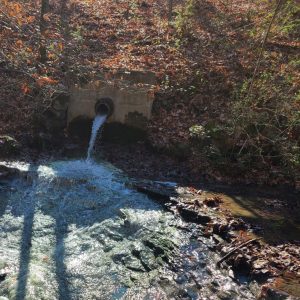
Tennessee’s Freshwater Mussel Pearls: The Gems of the Rivers
Freshwater mussel pearls have held a unique place in the region’s heritage, shaping industries and traditions while leaving an indelible mark on the state’s landscapes and waterways. But how are the mussels that produce these gems the true gems of the rivers?














